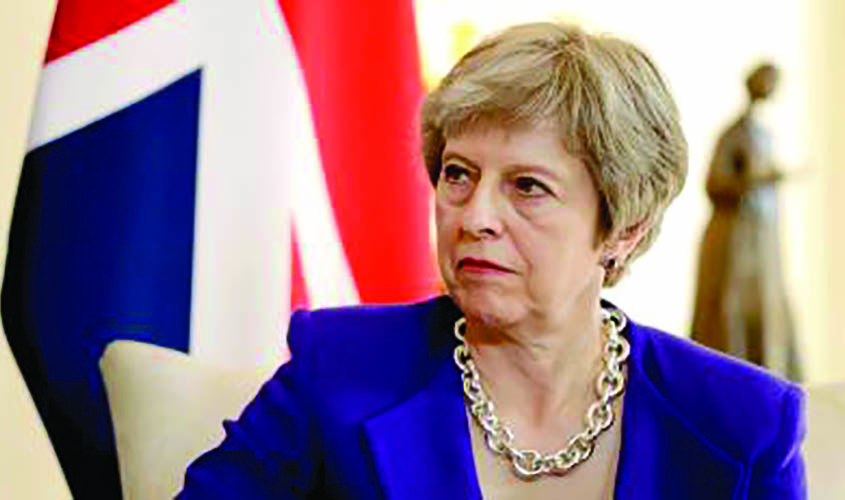The hype about the anticipated motion or vote of no confidence amounted to nothing.
The first significant event this week was that Prime Minister Theresa May survived the 1922 Committee’s (parliamentary group of the Conservative Party in the UK House of Commons) Wednesday session, much to everyone’s surprise. The hype about the anticipated motion or vote of no confidence amounted to nothing. The PM received the traditional banging of approval and said her plan was “good for the country”. MPs took to social media to fawn over Theresa May. Rumours of stage management are rife. It is being alleged that the Tory Whips positioned May loyalist backbenchers and communicated instructions by WhatsApp. Loyalty can be contrived by not wanting to burn your career potential supposing the PM had won a no-confidence vote, or fear of skeletons in the cupboard being revealed; there are mischievous stories about the existence of a little black book in which many secrets are noted. Or it is just possible that MPs feared that any interruption in the Conservative leadership would derail the Brexit negotiations. Indeed, on that day, UK efforts were being criticised by the National Audit Office in a report entitled “UK Border: Preparedness for EU exit”. This expanded on the theme “many of the changes needed to be made by government under a ‘no deal’ scenario may not be ready on time”. It turns out that the PM is like the proverbial cat with nine lives.
The other significant event this week was the embarrassment of the Home Office, which was found to have insisted on the mandatory DNA testing of large numbers Afghan and some Gurkha immigrants to prove they were entitled to join their families in the UK. Sajid Javid, Home Secretary, apologised for the transgression and removed the scheme established in 2013 (during the time Theresa May was Home Secretary), that sought mandatory DNA testing for the Afghan relatives of UK government employees. This was accidentally applied also to some Gurkha relatives. Javid has set up a taskforce to discover if mandatory testing has been used in any other part of the UK immigration system. DNA testing is supposed to be voluntary in support of a visa or permanent resident application, but it appears overloaded officials working on outdated and unlinked systems made errors of judgement. Some applications were declined when DNA samples were not forthcoming. Hot on the heels of the Caribbean Windrush where people’s right to remain was questioned earlier this year, it will be a while before the Home Office is regarded as humane and fair.

